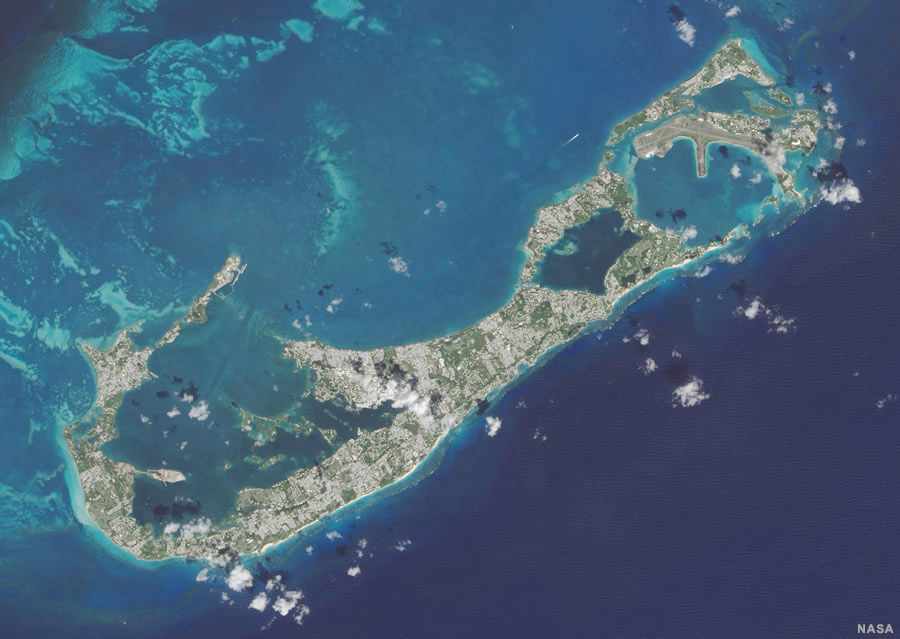Bermuda re/insurers could take 25% of hurricane Ian industry loss

Insurance and reinsurance companies based in Bermuda could end up taking as much as one-quarter of the industry losses from hurricane Ian’s impacts in Florida.
This is according to an estimate from the Bermuda Monetary Authority (BMA), who explained that on surveying insurance and reinsurance firms domiciled on the island, found that an initial estimate of their claims burden from hurricane Ian amounts to roughly US $13 billion.
The $13 billion will be paid direct to policyholders, where it represents an insurance contract claim, or to ceding companies where it is reinsurance.
The BMA cites publicly available estimates for the industry loss from hurricane Ian of between $50 billion and $75 billion, which suggests the Bermuda re/insurance market share could be as much as roughly 25% of the total.
Craig Swan, BMA Chief Executive Officer, explained, “The survey results demonstrate Bermuda’s steadfast role in supplying risk capacity to the US and other catastrophe-exposed parts of the world. This role’s importance is heightened by the increasing frequency and intensity of extreme weather events, which continue to exact tremendous human and financial tolls.
“The ability of US insurers to cede risk to Bermuda enables diversification of risk globally and it helps stabilise the cost of buying insurance—particularly property and catastrophe insurance—for customers living in catastrophe danger zones. Such a partnership bolsters policyholder protection and contributes to closing the protection gap.”
The data comes from commercial insurers’ market claims data collected by the BMA in November 2022. 69 companies participated and the loss information includes direct insurance and reinsurance.
As a result, we don’t believe this is the full extent of the risk capital that will flow out of Bermuda to support claims after hurricane Ian, as it is unlikely to include the full insurance-linked securities (ILS) market contribution, flowing from special purpose insurers (SPI’s) or segregated and protected cell structures domiciled in Bermuda.
With Bermuda the market-leading home for ILS market structures, it’s safe to assume the total amount of risk capital that will flow to the benefit of policyholders and cedents impacted by hurricane Ian will be higher.
A number of catastrophe bonds are expected to face some loss of principal, much of which will come from Bermuda, while many ILS funds are domiciled there and collateralized reinsurance structures based on the island will also face their share of losses from hurricane Ian.
Gerald Gakundi, Director, Supervision (Insurance), also said, “We are deeply mindful that the most important consideration after a natural disaster is rebuilding—for the community and the people who comprise it. During such challenging times, Bermuda (re)insurers’ ability to respond quickly in settling potential claims obligations allows for these critical efforts and enhances climate resilience.”





